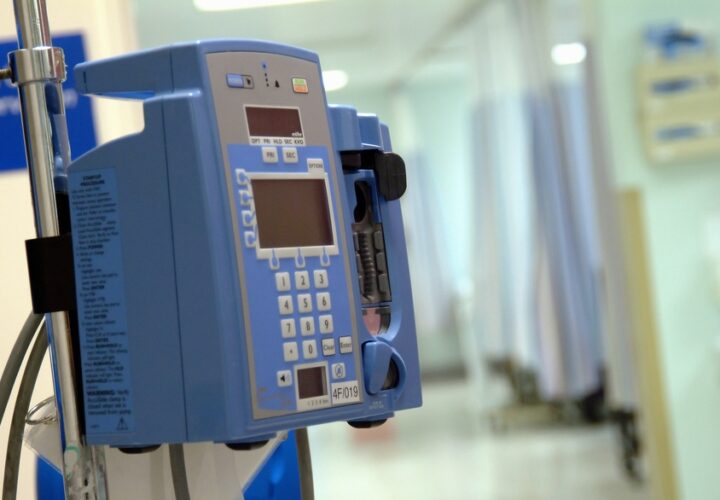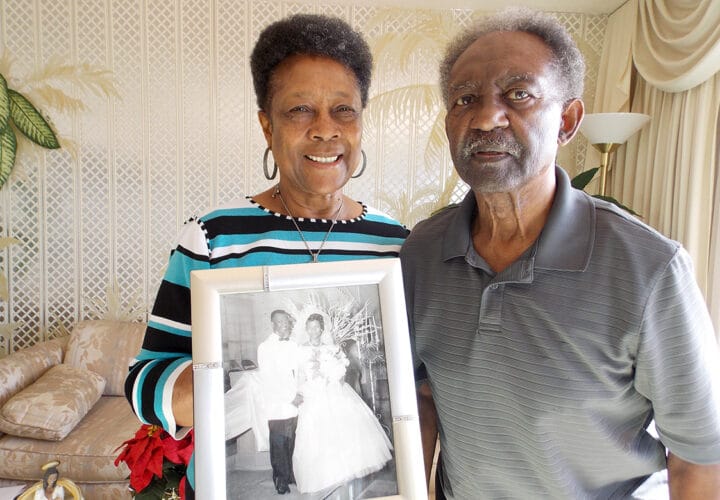Hospitals have failed to identify dementia in one third of patients, a new study from the U.K. shows. Those patients, who require unique support due to their understanding of their own care, were left without the special care their condition may have called for, said lead researchers.
Researchers also found that ethnic minorities were less likely to be recognized as having dementia than white people as a whole, which they said may be due to communication problems.
“There is a growing public and clinical awareness of dementia and its symptoms. Health organizations globally are seeking to increase timely diagnosis rates, and this appears to be paying off. But hospital staff should also be aware of inequities between groups, so that they can be more alert to possible signs of dementia in these patients,” said lead author Andrew Sommerlad.
Failure to diagnose people with dementia in general hospitals may boil down to a lack of awareness—an issue that unfortunately can lead to dire consequences for dementia patients, according to Dominic Carter, Senior Policy Officer at Alzheimer’s Society.
“Without the right support symptoms often get worse—from our research, 90 percent of people said their loved one with dementia became more confused in hospital. It’s a step in the right direction that dementia is being better recognized in hospitals, but it’s not good enough that a third of people with a diagnosis still aren’t being picked up,” said Carter.
Studies back up the fact that dementia patients fare worse in hospitals when compared to cognitively normal people their own age being treated for similar conditions. Overall, dementia patients are more likely to be in the hospital, said Sommerlad. He said that hospital records need to be more accessible in order to avoid missing a dementia diagnosis.
“People with dementia are more likely to be admitted to general hospitals for other illnesses, partly due to difficulties taking care of themselves—and once they’re in hospital, those with dementia tend to have longer stays and face more complications. Hospital records need to accurately reflect the patient’s condition so that doctors can tailor their care accordingly,” said Dr Sommerlad.
The rate of diagnosis is an improvement from 2008, when dementia was only recognized 47.8 percent of the time.
“While it is great that there is some improvement, a third of people with dementia are discharged from hospital without it being recognized that they have dementia,” said Sommerlad. “They may need help, for example, with remembering agreed new plans about their health and with remembering to take their medication, but this help cannot be given unless the condition is identified,” he said.
Officials from Alzheimer’s Society said that a hospital can be a “terrifying” environment for dementia patients, who may not understand where they are or why they are being treated. Study authors called for a better dementia diagnosis process in hospitals overall in order to catch dementia earlier, a crucial step in better treatment.
“While our study focused on people who already had a dementia diagnosis, there are likely to be others who are not known to have dementia and are admitted because their dementia has led to them, for example, losing weight as they forget to eat or are unable to organize to buy or cook food. Hospital admissions can be an opportunity to receive a timely diagnosis,” said Gill Livingston, a senior author on the study.
This study was published in the journal Alzheimer’s and Dementia.



